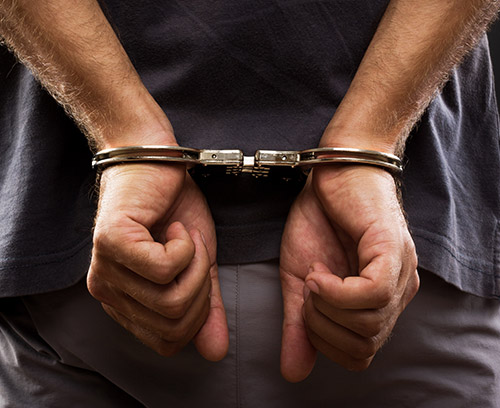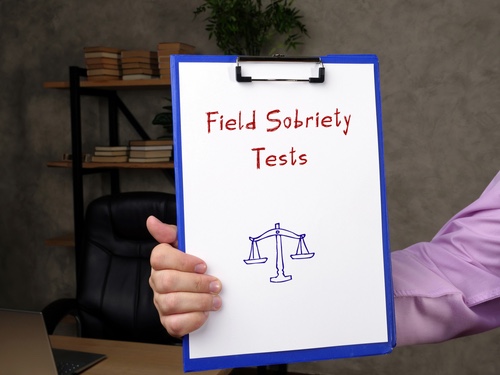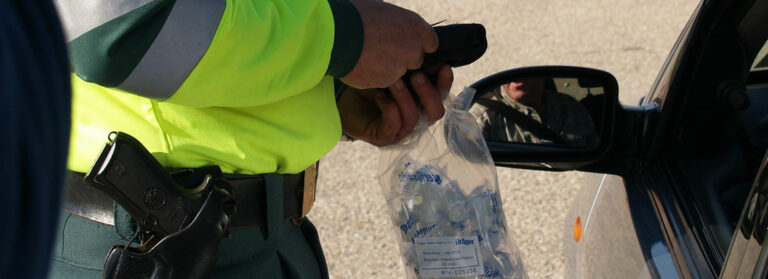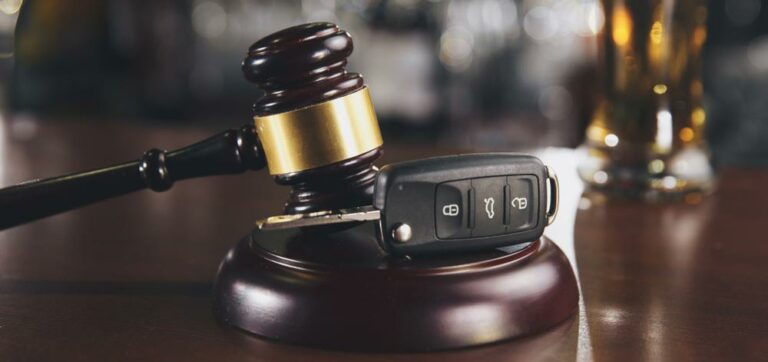In recent years, DUI detection technology has changed the landscape of DUI enforcement more than ever before. From advanced breathalyzers to AI-driven video analysis, law enforcement is using the latest tools to detect and prevent impaired driving. These advancements are part of broader efforts to enhance road safety, addressing not only impaired driving but also other dangerous behaviors like distracted driving that contribute to traffic accidents.
Navigating this changing legal landscape requires a deep understanding of DUI detection technology and the law. That’s why working with an experienced Indianapolis DUI attorney is key. They can help you understand how these new technologies will impact your case and protect your rights throughout the process, especially if you are facing drunk driving charges.
This blog will walk you through the latest DUI detection technology, the implications for law enforcement and legal proceedings, and how an experienced Indianapolis DUI attorney can help you navigate these complexities to protect your rights.
DUI Detection Technology Implications
The implications of DUI detection technology go beyond just the enforcement of the law, as they play a crucial role in reducing DUI incidents through innovative monitoring and educational initiatives. DUI prevention is also a key focus, with advanced technology like automated vehicles and AI systems aiming to eliminate impaired driving by monitoring driver behavior and setting mandatory standards for new cars through legislation.
They involve significant legal complexities and constitutional considerations.
Legal Issues
DUI detection technology brings legal challenges. One of the biggest is contesting breathalyzer results. These devices are advanced but can sometimes produce inaccurate readings. Defense attorneys scrutinize how these tests were administered, including field sobriety tests, to identify any procedural errors. They look for errors that could impact a case. Defense strategies are crucial in these situations, as attorneys use them to challenge DUI evidence and ensure proper representation. Subjective evaluations by Drug Recognition Experts (DREs) also pose challenges. DREs evaluate a driver’s impairment based on their observations. But these evaluations can be influenced by personal biases so it’s important to challenge them in court.
Fourth Amendment Issues
DUI detection technology raises Fourth Amendment concerns. This amendment protects us from unreasonable searches and seizures. As law enforcement adopts new technology it’s important to consider how it impacts individual rights. Legal precedent plays a big role in this. Courts have ruled on many DUI cases establishing protections for drivers. Knowing these legal frameworks is important for anyone facing DUI charges. It helps to protect your rights throughout the process.
New Vehicle Technology for DUI Enforcement
As DUI detection technology advances, new vehicle technology is being developed to detect and prevent impaired driving to improve public safety and reduce DUIs. Ignition interlock devices (IIDs) are a key component of this effort, requiring drivers to complete a breathalyzer test before starting their vehicles.
NHTSA Proposals
The National Highway Traffic Safety Administration (NHTSA) is proposing new DUI detection technology in vehicles to combat impaired driving. Sensor-equipped vehicles can detect alcohol consumption and determine if a driver is over the legal limit. This could reduce DUIs by a lot. By identifying impaired drivers before they harm we can save lives. The possibilities are endless with this technology a proactive approach to public safety.
Implementation Issues
While the benefits are clear there are obstacles to overcome. The technological feasibility of these systems in existing vehicles is a big one. Public acceptance is also key. Many people have privacy concerns with being constantly monitored. Addressing these issues will be important for implementation. Balancing safety with personal freedom is a challenge lawmakers and manufacturers must take very carefully.
Passive DUI Detection Technology
Passive detection technology is emerging as a big player in DUI enforcement, a non-invasive way to detect alcohol in drivers. This technology is crucial in identifying DUI offenders, helping law enforcement to efficiently pinpoint those driving under the influence.
Sensors
Advanced sensors are changing how law enforcement detects alcohol impairment. These devices can detect alcohol in drivers without traditional breathalyzers. By using new DUI detection technology they can measure alcohol levels through various means such as air quality or even driver behavior. This method aims to be more accurate and reduce false positives which can happen with standard breath tests.
Public and Legal Acceptance
Passive detection technology will only be successful if it’s reliable and accurate. For it to be widely accepted the public and legal system must trust it. Addressing privacy concerns is also key. Individuals need to know their rights are being respected while public safety is being ensured. Open communication and transparent data on how these systems work will help build trust among users and lawmakers.
Video Evidence
Video technology is changing DUI enforcement providing law enforcement with tools to collect evidence and defense attorneys with ways to challenge the charges.
Body Cameras and In-Car Systems
Modern law enforcement agencies are using body cameras and in-car systems to collect evidence during DUI stops. These devices improve the quality of evidence and provide an objective view of what happened. Body cameras capture the interaction between officers and drivers which can be critical in determining the circumstances of a DUI charge. In-car systems can also record data from the traffic stop including speed and location. This data provides a clearer picture of the situation.
AI Analysis
Artificial intelligence is being used to analyze video from these devices. AI analysis can pinpoint moments in the video to highlight behaviors that may indicate impairment. It can also recognize patterns that are relevant to the case such as erratic driving or signs of intoxication. By using DUI detection technology, defense attorneys can better prepare their case and challenge the prosecution’s evidence.
Accountability and Transparency
Video technology holds law enforcement accountable. It ensures procedures are followed during DUI stops. This transparency builds trust between the community and the police. When officers know they are being recorded they may be more likely to follow protocol. This means fairer treatment for those facing DUI charges as the evidence can be reviewed objectively.
DUI Defense
For those charged with DUI, video evidence can be a double-edged sword. It can provide clear evidence of impairment by drunk drivers or poor driving. Or it can be used to challenge the stop or the officer’s behavior. Defense attorneys can use this technology to dig into the evidence so their client gets a fair trial.
Contact an Experienced Indianapolis DUI Lawyer Today!
If you or a loved one are facing DUI charges and need expert legal guidance, don’t navigate this complex landscape alone. Our team at Rathburn Law can help you understand your options, challenge the evidence, and work toward the best possible outcome for your case.
Contact us today at 317.671.8965 for a free case review!









